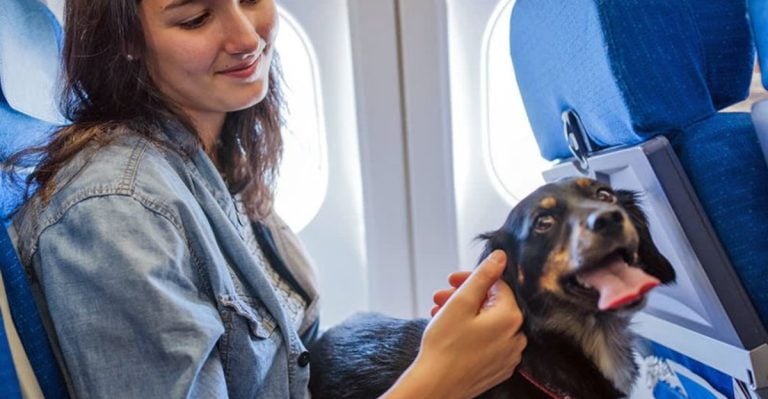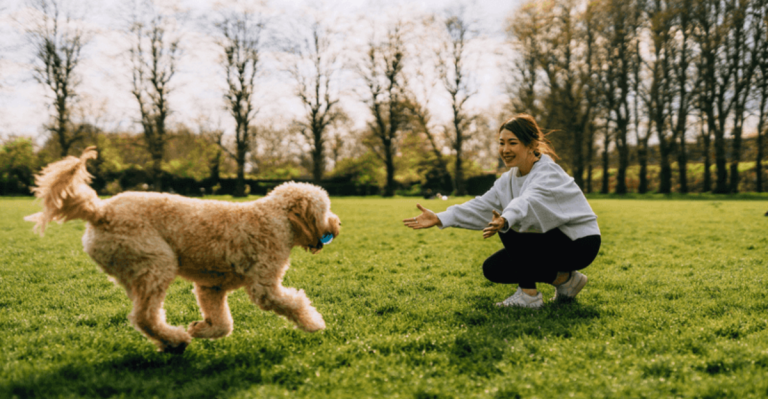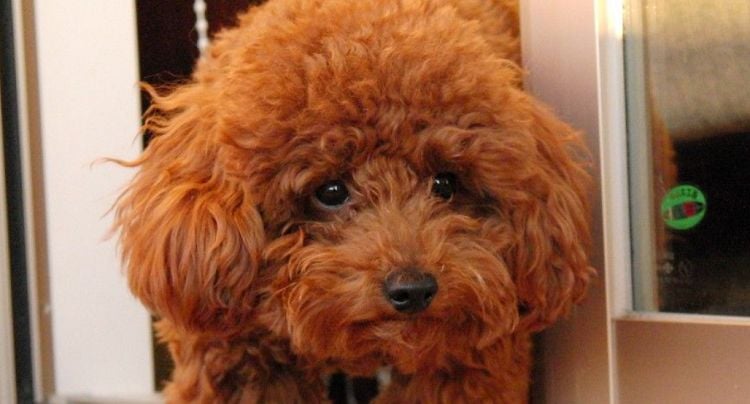15 Challenges With Having A Beagle As Your First Pet

Morning snuggles with Beagles can quickly turn into wild antics before your coffee’s even ready. Those cute little noses lead to all sorts of surprises that challenge your patience and tickle your funny bone. By the time it’s over, you’ll be curious about what else is lurking behind that wagging tail. Here’s what to expect when your first dog is a Beagle.
Stubborn Independence

Obedience classes can turn into a tug-of-war when your Beagle decides to ignore “sit” or “stay.” This breed’s selective hearing comes from their hunting background, so trainers recommend being patient and giving clear commands to get their attention.
High Exercise Demands

Just a quick stroll won’t do! Your Beagle needs about two hours of solid exercise each day to burn off all that energy. If you skip it, you might find them pacing or digging. So, make sure to set up some fun playtime daily!
Powerful Scent-Driven Instincts

Leash-pulling hurdles are a sure thing with Beagles when they catch a whiff of a trail. They love sniffing a lot, so you’ll need to train them to stay focused. Without that training, even the best recall can vanish at the scent of a rabbit.
Persistent Baying And Howling

Late-night howls from your Beagle can catch you off guard. They bark at everyone and almost everything. To curb this, use “quiet” commands and keep your pup mentally engaged, as boredom or anxiety can lead to those loud moments.
Separation Anxiety

Leaving your Beagle alone can lead to pacing, chewing, or trying to escape from stress. To help, try a gradual approach: take 30-minute walks, give them fun puzzle toys, and say calm goodbyes to ease their anxiety and protect your home.
Escape-Artist Tendencies

Even a six-foot fence isn’t enough when your Beagle digs or climbs out of curiosity. You need to use buried barriers and secure latches to avoid surprise hunts that might endanger your dog and neighbors. Then, slowly, try to make your yard more Beagle-friendly.
Scavenging And Food Theft

Countertops become a snack bar when a Beagle hops up for leftovers. That’s why it’s important to train a strong “leave it” command and stash the trash away. One moment of letting your guard down can lead to a messy kitchen and health issues.
Potty-Training Challenges

Beagles that hate rain usually avoid going outside, which can cause potty training issues. But you can tackle this easily. Just take them out on a leash regularly and give them treats when they drop it outside. This can help them avoid pooping inside.
Chewing And Destructive Biting

Your favorite shoes disappear when your Beagle starts teething or gets bored and chews everything. Keep them busy with sturdy chew toys and switch them out weekly. This way, your pup won’t wreck your stuff and learn what’s okay to chew on.
Intensive Socialization Needs

Not socializing your Beagle early can make them shy or too jumpy. Let them meet different people and other pets between 8 and 16 weeks. It helps them grow into confident adults. Also, frequent outings can build confidence and avoid fear later on.
Personality And Temperament

Beagles are friendly and playful, making them great with kids and other pets. However, they need plenty of exercise and space to roam. Training can be tricky since they follow their noses, but with patience, you can teach them effectively.
Voracious Appetite And Weight Control

When your Beagle starts raiding the counter, it’s time to watch those portions! They can pack on the pounds with free feeding. Stick to set meal times and keep an eye on treats. You’ll help avoid weight gain and joint problems, eventually.
Apartment Suitability Issues

Beagles usually stand about 40 cm tall, but they love to run and play, so a small apartment isn’t the best fit. With the right training and some yummy treats, though, you can still encourage them to behave and adjust in a smaller space for some time.
Health Predispositions

Experts say this breed is prone to epilepsy and ear infections. So, regular vet visits are a must. By budgeting for check-ups and preventive care, first-time owners can avoid surprise health expenses and enjoy their new furry friend without worries.
Long-Term Lifespan Commitment

If you’re thinking about a Beagle, be ready for a 10–15-year commitment. You’ll need to invest time in training, exercise, and vet visits. Be honest about your time and resources. Half-hearted efforts can eventually disappoint you and your pup.






